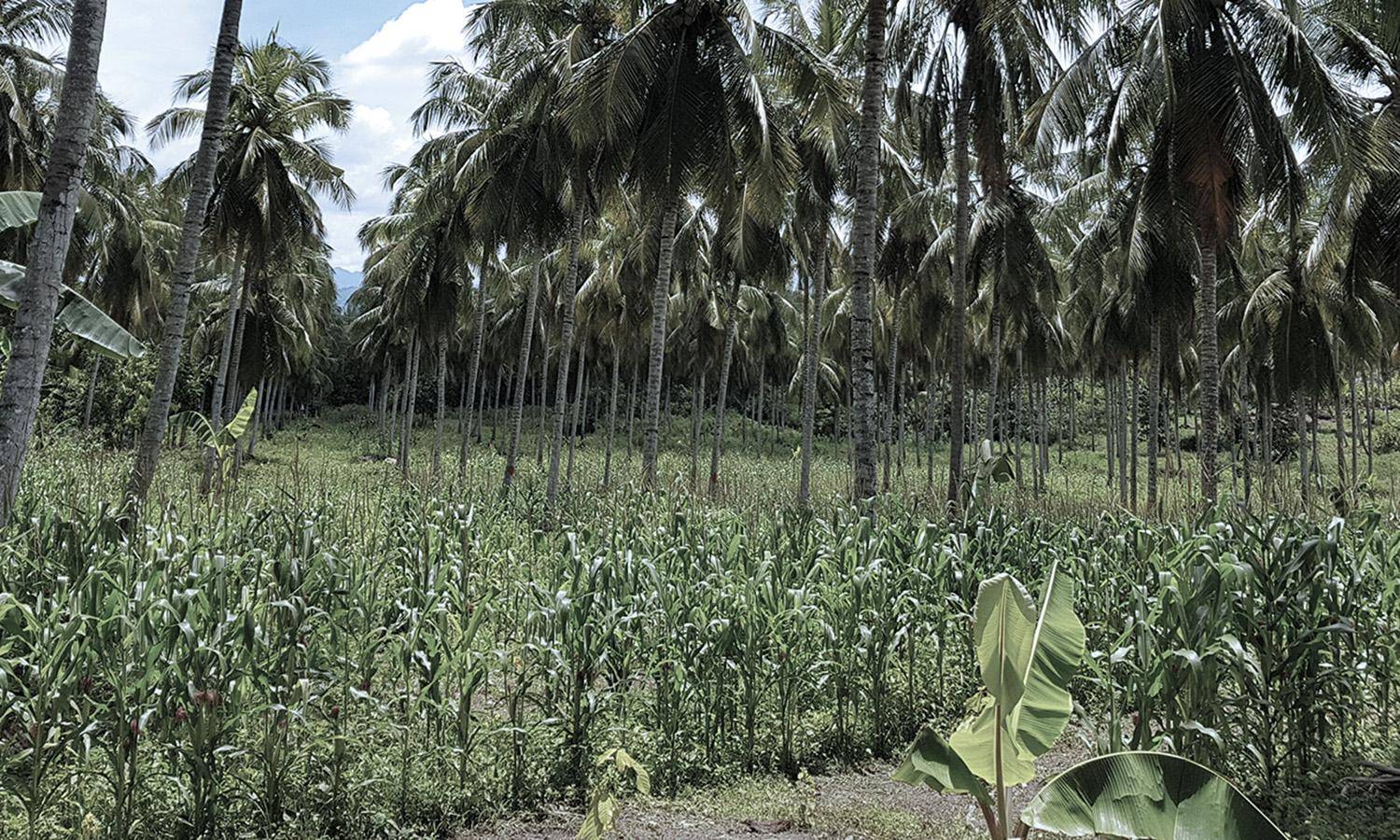Barry Callebaut partners with USAID Green Invest Asia to build a platform for sustainable coconut production
Barry Callebaut partners with USAID Green Invest Asia to build a platform for sustainable coconut production
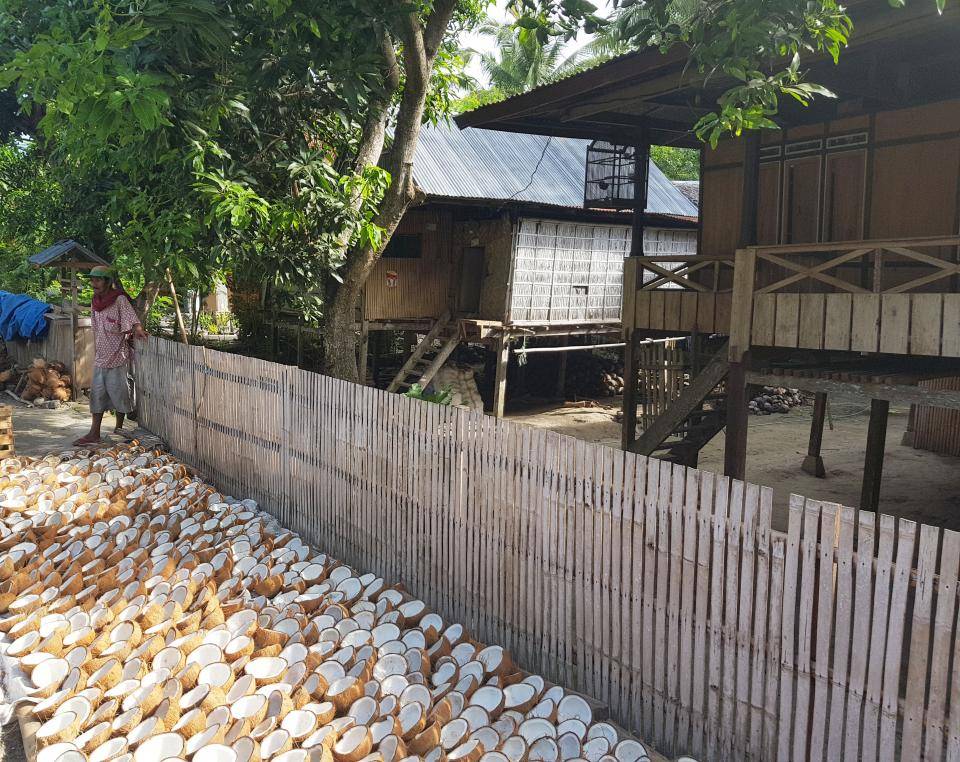
With over 80 representatives, The Roundtable on Sustainable Coconut and Coconut Oil, organized by Barry Callebaut and the U.S. Agency for International Development (USAID), Green Invest Asia was attended by companies representing over 50% of the global coconut oil supply and included some of the largest buyers and processors in the sector. Why? Because, similar to cocoa farming, coconut farmers are primarily smallholder farmers, and as a result of low yields due to ageing trees and poor farming practices, are not achieving a sustainable livelihood.
An increasing global demand does not equal prospering farmers
The global demand for coconut and coconut oil is growing. But at the same time, coconut farmers are struggling to achieve a sustainable livelihood. As part of Barry Callebaut’s Forever Chocolate commitment for 100% sustainable ingredients by 2025, we are committed to supporting our suppliers to establish farming practices that offer an equitable income for coconut farmers, support their wider communities and safeguard the environment.
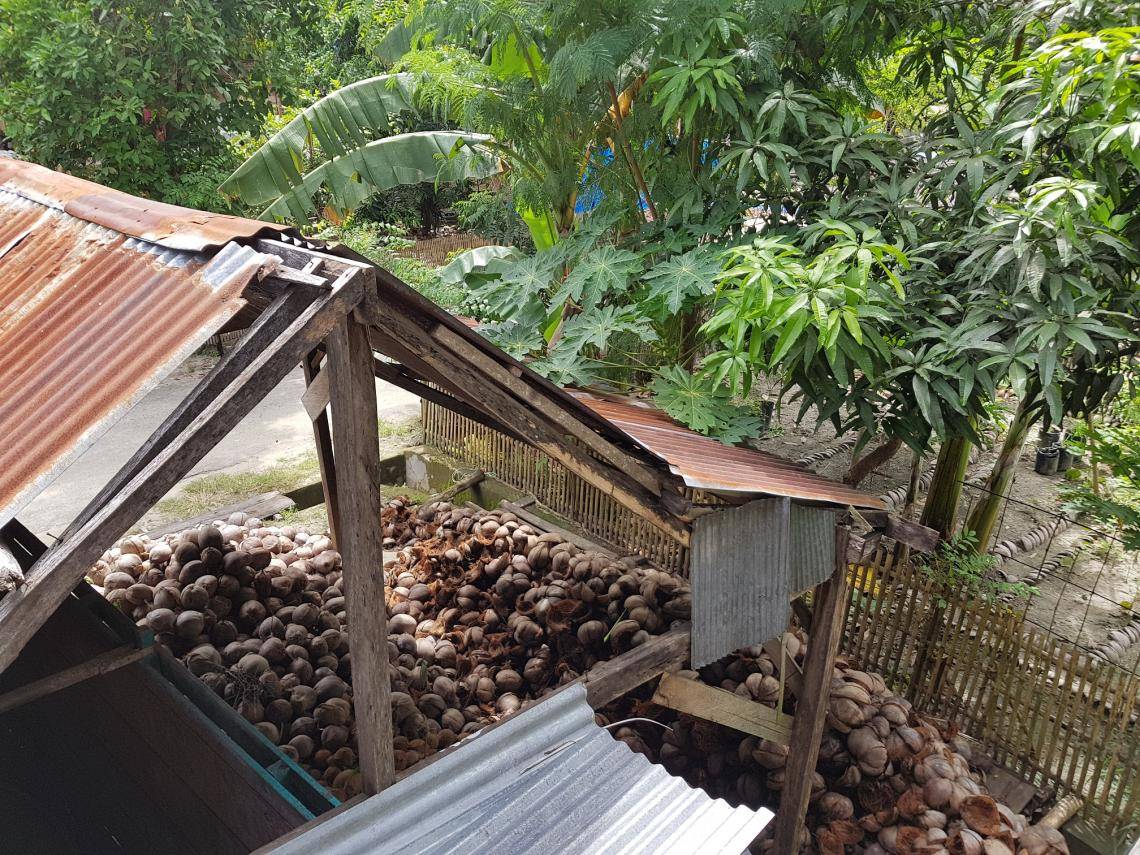
It is estimated that around 50% of the world’s coconut trees are beyond their most productive years. Combine this with falling prices, coconut farmers face a cycle of stagnating yield, low income and an inability to invest in their farms.
Understanding coconut farming challenges
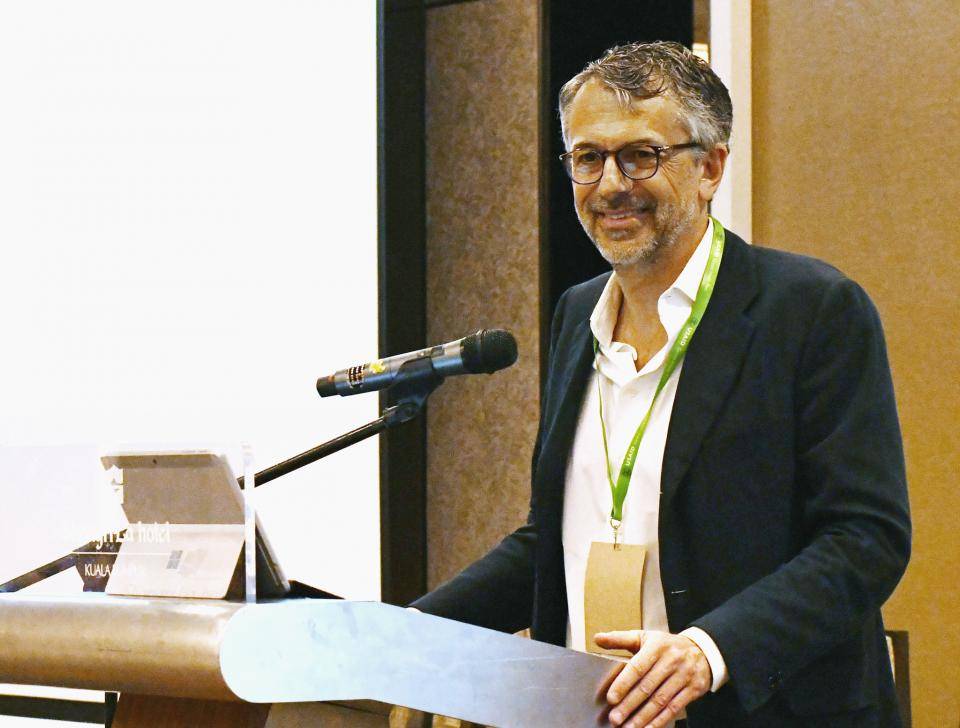
In order to achieve real systemic change in coconut farming, we have to understand the specificities to create a sustainable coconut future.
The Roundtable on Sustainable Coconut and Coconut Oil brought together a panel of private sector partners and sustainability experts to showcase initiatives to address sustainable sourcing, transparency and investment challenges in the Philippines and Indonesia, the world’s largest producers of coconut oil with 95% of global coconut harvested by smallholder farmers.
We want to work collaboratively with industry partners and other key stakeholders, including farmers, to define what a sustainable coconut looks like by setting minimum common standards.
These initiatives aim to test the effectiveness of replanting projects and productivity schemes, such as intercropping with cocoa, seedling distribution initiatives and farmer financing programs.
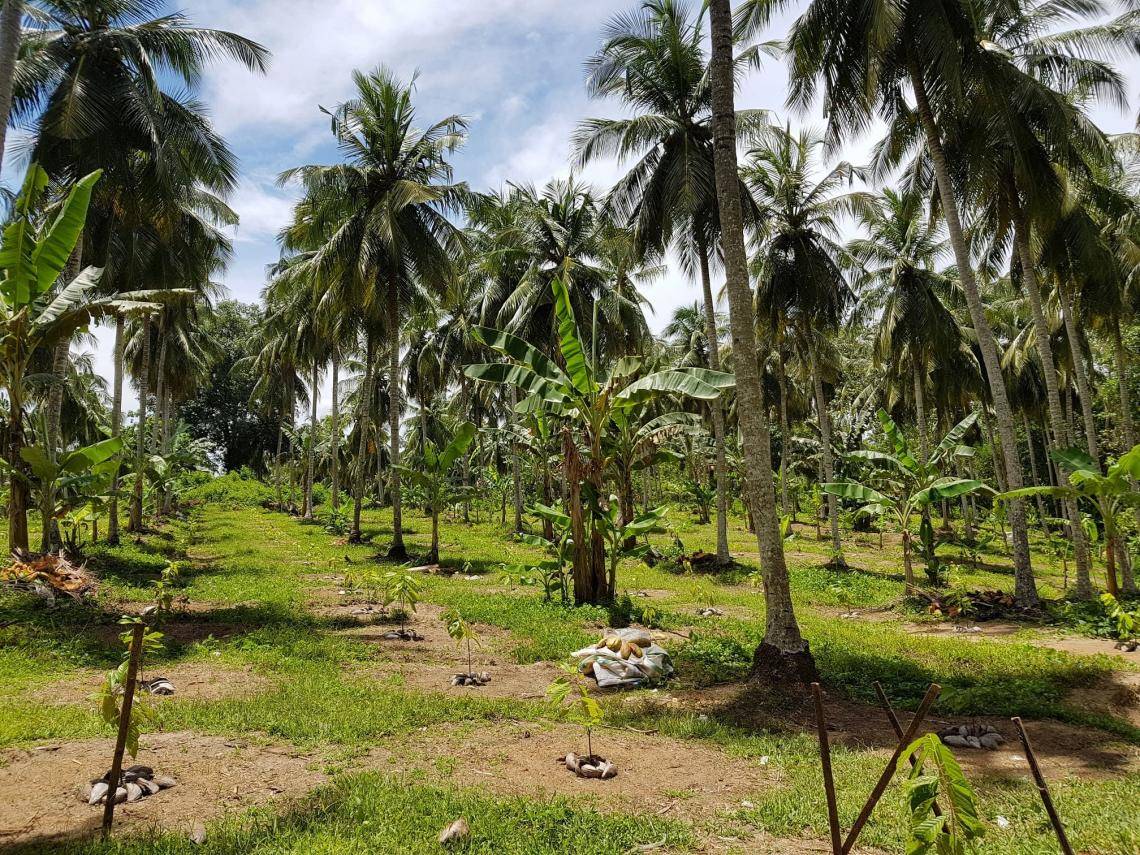
The forum also agreed to meet annually and form the first task-force to facilitate coordination among industry players and stakeholders to create complementary sustainability programs and share best practices. The key topics that were highlighted as of critical importance were:
-
Improving smallholder livelihoods and incomes
-
Improving farm productivity
-
Replanting and replacement of trees
-
Enhancing traceability
-
Improving access to technology
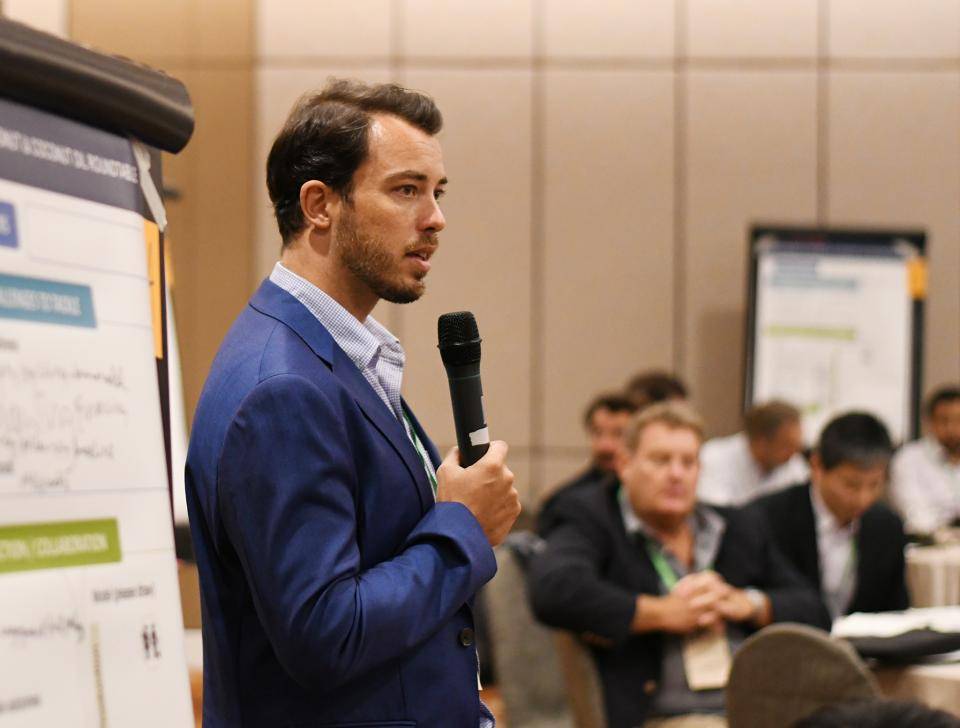
Coconut and Barry Callebaut
Coconut oil is an important ingredient for Barry Callebaut’s customers, used in many ice cream applications and confectionery fillings. Sourced primarily from regions throughout the Philippines and Indonesia, the social, economic and environmental wellbeing of small coconut producers is a priority for Barry Callebaut. We believe that working with these farmers is the only way that the industry will face its most pressing challenges of replanting trees and ensuring traceable and high quality coconut oil. This will ultimately enable farmers to improve their livelihood and ensure the long-term sustainability of their coconut farms.
